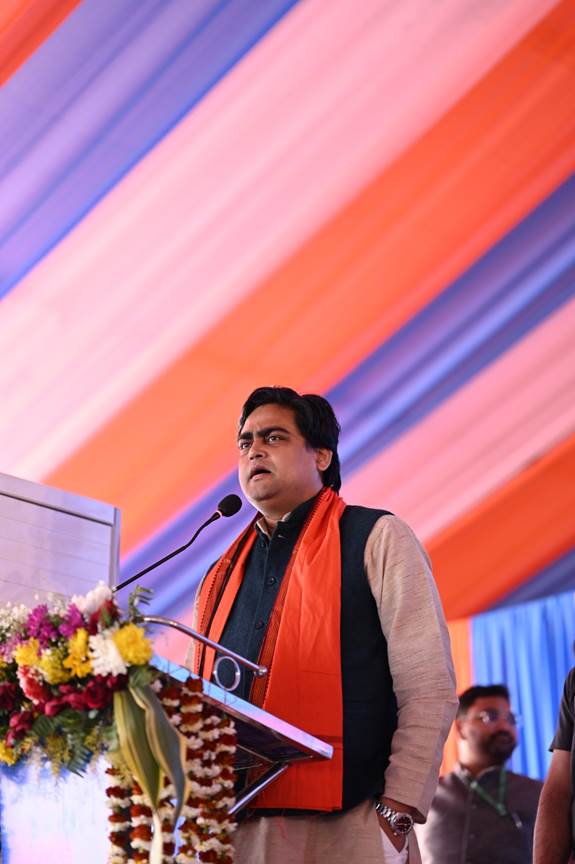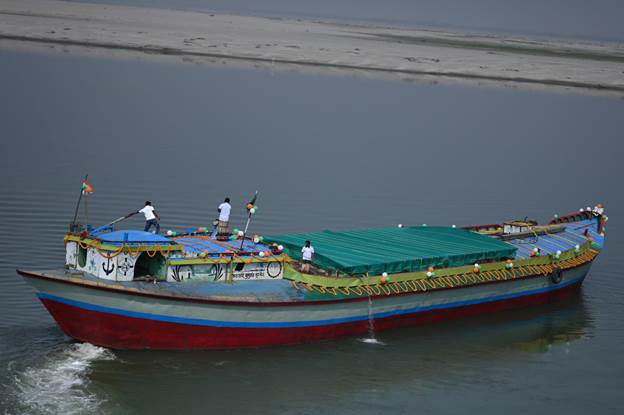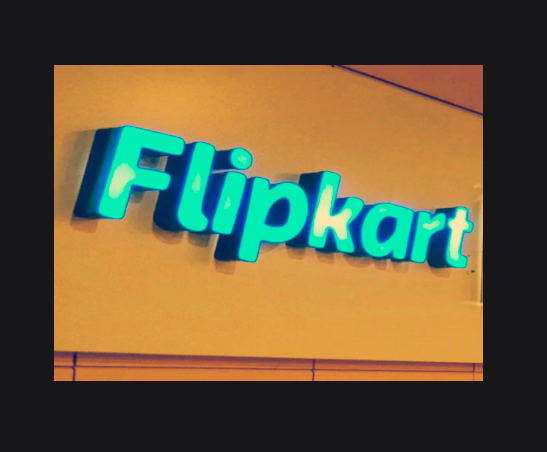The trial shipment of cargo marks a new beginning for improved connectivity and cooperation between India and Bangladesh.
Kolkata, NFAPost: The first trial movement of vessels carrying stone aggregates from Maia Port in India to on the Sultanganj Port in Bangladesh Maia-Aricha route successfully took place on Tuesday.
The Bangladesh flag vessel M V Desh Bangla carrying stone aggregates was flagged-off by Minister of State for Ports, Shipping and Waterways Shantanu Thakur from Maia Inland Customs Port in West Bengal.
This marks a new chapter of bilateral cooperation between the two neighbouring countries which is in line with Prime Minister Narendra Modi’s Act East Policy.
“Under the visionary leadership of Hon’ble Prime Minister Shri Narendra Modi and able direction of Hon’ble Union Minister of Ports, Shipping and Waterways Shri Sarbananda Sonowal, India has embarked on a transformative journey focusing on a comprehensive multi-pronged plan to harness the power of its inland waterways sector,” said Minister of State for Ports, Shipping and Waterways Shantanu Thakur.
Organised by the Inland Waterways Authority of India, the flagging-off event was attended by first secretary, B’desh High Commission in Kolkata, Additional Commissioner Customs, Kolkata, owner-operator of the Maia riverine port along with senior officials of the authority and other dignitaries.
Underlining the advancement made in the IWT sector in the last ten years, the Chairman of Inland Waterways Authority of India Vijay Kumar noted that the consistent flow of goods from the Maia terminal will invigorate trade not only with India’s neighboring countries but also with the North Eastern States, ushering in new opportunities for economic growth and regional development.
The Ministry of Ports, Shipping and Waterways (MoPSW)has taken up several infrastructure projects on National Waterways 1, Indo-Bangladesh Protocol Route and NW2 through the Inland Waterways Authority of India (IWAI) with the objective of improving connectivity with Bangladesh and the North Eastern Region through waterways.
The operationalisation of Maia Terminal is expected to be a game-changer as it would shift 2.6 million tonnes per annum of Bangladesh bound export cargo from road to waterways.
The Maia-Aricha route (Protocol Route 5 & 6) will reduce the distance from NW1 to Bangladesh and North Eastern Region by 930 kilometres.

In order to improve bilateral trade between the two nations, the government of Bangladesh has agreed to carry out five trial runs of vessel movement between Maia and Sultanganj.
The trial shipment of cargo on the said route not only demonstrates the expanding potential of waterways but also marks a new beginning for improved connectivity and cooperation between India and Bangladesh.
Over the last 9 years West Bengal has seen massive development in maritime and inland waterways sector. In West Bengal, The Sagarmala Programme of MoPSW oversees 62 projects valued at Rs. 16,300 Crore, with 19 completed projects worth approximately Rs. 1,100 Crore and 43 projects at various stages of implementation totaling around Rs. 15 thousand Crore.
Additionally, 11 projects, partially funded by MoPSW, amounting to around Rs. 650 Crore, have seen 6 projects completed (worth Rs. 400 Crore) and 5 projects (worth Rs. 250 Crore) under development. Among the achievements, projects like Road Connectivity Improvement (worth ~Rs. 100 Crore) have led to traffic decongestion and improved port connectivity, while the Upgradation of tracks at EJC yard of Kolkata Port (Rs. 47 Crore) has enhanced operational efficiency and reduced incidents of derailment.
Inland Water Transport (IWT) is a highly cost-effective mode of transportation, particularly for bulk cargo like coal, iron ore, cement, food grains, and fertilizer. Despite its advantages, its current share in India’s modal mix is only 2%.
The government aims to increase this share to 5% by 2030 under the Maritime India Vision (MIV)-2030. To achieve this goal, the Inland Waterways Authority of India (IWAI) has identified 25 new National Waterways (NWs) through feasibility studies to make them navigable for transportation.
To enhance the modal share of coastal shipping and inland water transport, 46 initiatives have been identified in Amrit Kaal Vision 2047. Key initiatives include the creation of port-based agglomeration centers, coastal berths near production/demand centers, and projects to improve road, rail, and inland waterway connectivity.
Additionally, reducing port dues and terminal charges, providing fiscal incentives such as input tax credit on bunker fuel and spares, and lowering GST for multimodal transportation are proposed measures. The plan also aims to operationalize 50 waterways by 2047 and introduce low-draft vessel designs with possible tug-barge combinations to enhance efficiency and accessibility.





